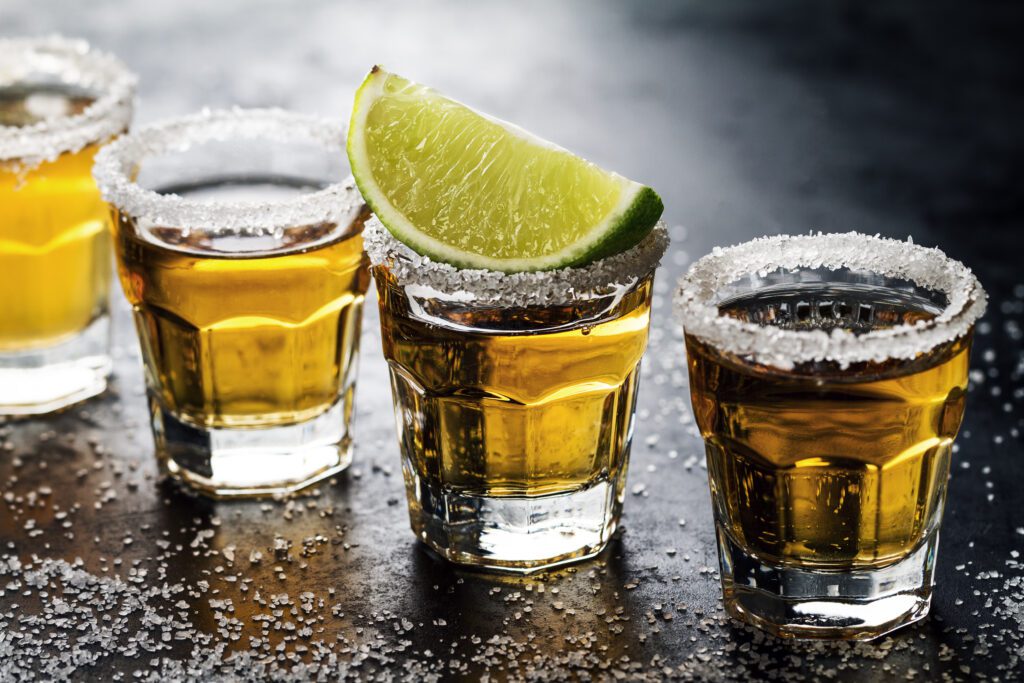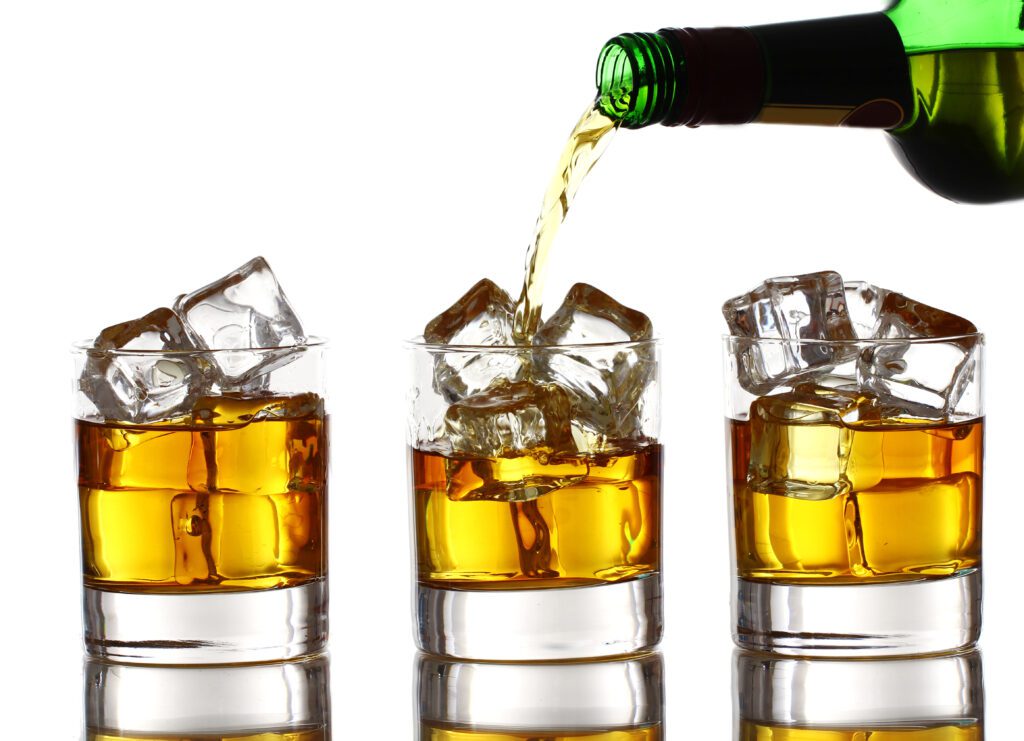Do you know that drinking every day, it’s a social part of our lives, and can be so bad for our health? So today, we are going to talk about alcohol and esophageal cancer. One of the diseases that fall into this category, is esophageal cancer, which has very few symptoms in the early stages but becomes highly aggressive and treatable later on. In this article, we will give you a detailed explanation of the risk factors of this disease, especially of the damage of alcohol use, and the way this risk can be managed from the point of view of alcohol and esophageal cancer.
Table of Contents
The Reality of Alcohol and Esophageal Cancer

To start with, here are some key facts. Heavy drinking is an established risk factor for esophageal cancer, research shows. Many case-control studies show that consumption of alcohol is one of the biggest risk factors for esophageal cancer. As one study found, heavy drinkers too may be 2 to 3 times more likely to have esophagus cancer, reinforcing the dangers of alcohol and esophageal cancer lurking in our daily life. This may leave you wondering how what we do every day might influence how healthy we are overall, especially in the case of alcohol and esophageal cancer.
This disease starts as mild irritation and discomfort, but eventually, if not treated, can progress to a stage which is extremely hard to treat.” However, knowledge of alcohol and esophageal cancer can provide the tools to help take charge of our health by knowing and reducing these threats.
Understanding Esophageal Cancer
The cancer that develops in the esophagus, the food pipe, is classified into two main types: squamous cell carcinoma and adenocarcinoma. Squamous cell carcinoma develops more commonly in places where lining cells exist and adenocarcinoma develops in places where glandular cells exist.
Frequent drinking inflames the lining of the esophagus and can cause changes in the cells that result in cancerous mutations. A new case-control study showed significantly increased risks of the development of squamous cell carcinoma in alcoholics. When this study closely observed the patients’ lifestyle habits and their dietary patterns, it found a direct relationship between alcohol and esophageal cancer risk.
In addition to this research, scientists also believe that chemicals that are formed as by-products from alcohol, such as acetaldehyde, are direct DNA damaging agents. If not repaired, DNA damage triggers cell mutation and eventually the development of cancer. Every drinker needs to understand this important thing.
You may be wondering, “What is my risk? What do I do?” Awareness is the first step to making educated choices regarding alcohol and esophageal cancer.
Changing Habits for a Healthier Life
Esophageal cancer – cancer that develops in the esophagus, the food pipe can be separated into two major types, squamous cell carcinoma and adenocarcinoma. Squamous cell carcinoma is more common in areas where lining cells are present, adenocarcinoma is in areas with glandular cells.
Frequent alcohol use irritates the esophageal lining and may create changes in the cells in a way that drives cancerous mutations. A recent study demonstrated a significantly elevated risk of squamous cell carcinoma among patients who ingested high levels of alcohol. The researchers examined the patient’s lifestyle habits, particularly their diet, in detail, and the study found a distinct link between alcohol consumption and the risk of esophageal cancer.
Besides this research, scientists think that alcohol by-products like acetaldehyde damage DNA directly. This causes cell mutation and subsequently cancer. This is something every drinker should understand.
You’re sitting there thinking, ‘What are the risk factors for me and what do I need to do?’ The next segment of this article will discuss this, & we will tell you how you can save your health with small tweaks in your lifestyle.
Steps to Mitigate the Risk

Here are specific actions you could take to reduce your danger of alcohol and esophageal cancer:
1. Moderate alcohol consumption:
- If you drink alcohol regularly, start reducing your consumption gradually.
- Set a limit on a weekly or monthly basis and do not cross it.
- Consider designating alcohol-free days to lessen the impact of alcohol and esophageal cancer on your health.
2. Health check-ups and screenings:
- Get regular medical check-ups and early screenings done, especially if you are a victim of long-term heavy drinking.
- Consult doctors who can give you personalized advice after looking at your history.
3. Adopt a Healthy Lifestyle:
- Follow a balanced diet that includes fruits, vegetables, and whole grains.
- Keep your body fit and active with regular exercise.
- Adopt stress management techniques such as meditation and yoga.
4. Awareness and Education:
- Discuss this with your family and friends so that everyone can create a supportive environment together.
- Keep getting updated information from reliable sources and attend health-related seminars or webinars.
5. Professional Counseling:
- If controlling your alcohol consumption will become difficult, are looking for expert counseling or remedy to assist manage your threat of alcohol and esophageal most cancers.
Whatever your approach, these steps are meant to help you identify your risk factors and gradually lessen them. Each small step be it an alcohol-free day or a healthier meal plan, can go a long way toward making sure you’re better off health-wise in the long run, and reducing your chances of alcohol and esophageal cancer.
Additional Case Studies and Research Data
A systematic study previously identified a significant increase in the rate of esophageal cancer in heavy drinkers. However, the study did find that people who said they were heavy drinkers were two to three times more likely to develop esophageal cancer than abstainers. These were suggestive of a direct relationship between higher alcohol consumption with a higher risk of esophageal cancer.
Another study that examined the combined use of tobacco and alcohol found that this increased the risk even more. The risk of developing cancer increases even more when both of these factors are combined. This literature has been presented in medical journals from which this data is considered evidenced and accurate. But if you go into the studies in detail you will see again, how powerful lifestyle modifications are in risk reduction.
A separate broad-based study also indicated that early-stage persons who reduce demonstrated symptom improvement and an enhanced prognosis with reduced use. This data is helping us understand why early intervention is so important. Thus, preventive screening and early diagnosis are vital in today’s advanced medical practices that propel treatment success.
The management of alcohol-related esophageal cancer is additionally challenging because this disease is often diagnosed at an advanced stage. Therefore, awareness and appropriate medical intervention is critical. As long as you consume it moderately and have regular checkups, your risk of developing liver problems is drastically less.
Conclusion
In discussing the strong connection between alcohol and esophageal cancer, we have gone into great detail today. Heavy drinking is one of the most important risk factors for esophageal cancer — a connection that has been shown time and again in studies. This condition is not always obvious at its onset, but it can be difficult to treat if it progresses without having been correctly identified. Preventing the Risks of Alcohol and Esophageal Cancer The first step is recognizing the risks of alcohol and esophageal cancer.
Every drinker needs to be aware of their habits and take action on their health. Reducing alcohol, booking regular health checks and making good lifestyle choices are small steps you can take towards a healthier future.
For further details about the risk of alcohol consumption and esophageal cancer and its prevention, go to the National Cancer Institute’s Esophageal Cancer page. That resource offers a great deal of up-to-date research and advice on taking care of your health.
FAQs
How much risk does alcohol pose for esophageal cancer?
As per research, heavy drinking could put one 2 to 3 times at risk of esophageal cancer. It’s also a risk that depends on individual factors.
Is moderate drinking dangerous as well?
The risk associated with moderate drinking is relatively low, but the risk is all relative to what is drunk regularly and the health of the individual. Be sure to limit your intake and see a physician.
What are the first signs of esophageal cancer?
Early symptoms can include trouble swallowing, throat pain, weight loss, and a persistent cough. But especially in the early stages, the symptoms can be subtle, so regular health check-ups are key.
When is it time to get screened?
If you’re a long-term heavy drinker or have a family history of esophageal cancer, make sure you get medical check-ups regularly — and screenings when appropriate. The best thing to do is to talk over your history with your doctor.
How much can healthy lifestyle choices lower your risk?
Eating healthy, exercising regularly, managing stress, and drinking alcohol in moderation may lower your risk of esophageal cancer greatly. Studies show that early lifestyle changes have lasting effects.









